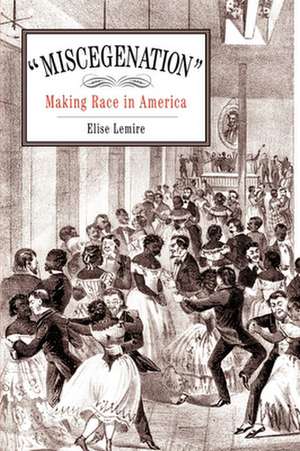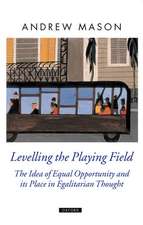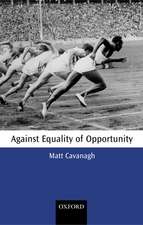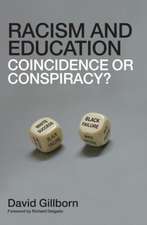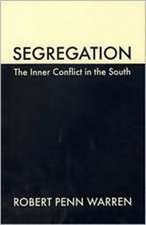"Miscegenation" – Making Race in America
Autor Elise Lemireen Limba Engleză Paperback – 21 mai 2009
Preț: 193.04 lei
Nou
Puncte Express: 290
Preț estimativ în valută:
36.94€ • 40.25$ • 31.13£
36.94€ • 40.25$ • 31.13£
Carte disponibilă
Livrare economică 02-16 aprilie
Preluare comenzi: 021 569.72.76
Specificații
ISBN-13: 9780812220643
ISBN-10: 0812220641
Pagini: 216
Ilustrații: 1
Dimensiuni: 152 x 229 x 15 mm
Greutate: 0.34 kg
Editura: MT – University of Pennsylvania Press
ISBN-10: 0812220641
Pagini: 216
Ilustrații: 1
Dimensiuni: 152 x 229 x 15 mm
Greutate: 0.34 kg
Editura: MT – University of Pennsylvania Press
Notă biografică
Elise Lemire
Cuprins
List of Illustrations
Introduction: The Rhetorical Wedge Between Preference and Prejudice
1. Race and the Idea of "Preference" in the New Republic: The Port Folio Poems About Thomas Jefferson and Sally Hemings
2. The Rhetoric of Blood and Mixture: Cooper's "Man Without a Cross"
3. The Barrier of Good Taste: Avoiding A Sojourn in the City of Amalgamation in the Wake of Abolitionism
4. Combating Abolitionism with the Species Argument: Race and Economic Anxieties in Poe's Philadelphia
5. Making "Miscegenation": Alcott's Paul Frere and the Limits of Brotherhood After Emancipation
Epilogue: "Miscegenation" Today
Notes
Bibliography
Index
Acknowledgments
